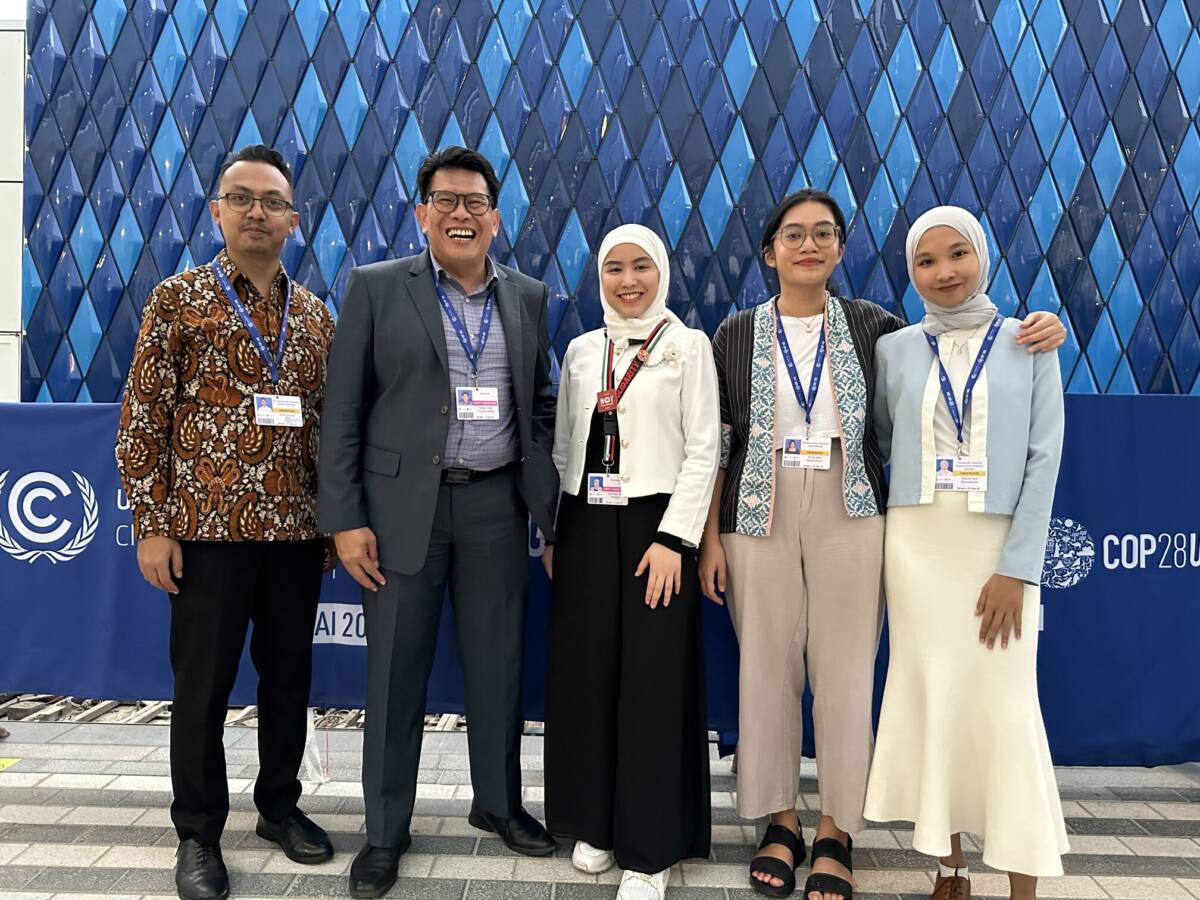Jakarta, December 20, 2023 - The 28th Conference of the Parties to the UN Framework Convention on Climate Change in Dubai, United Arab Emirates (UAE) concluded on Wednesday (13/12/2023) afternoon, with several agreements, including a call to move away from the use of fossil fuels and a commitment to triple global renewable energy capacity. The…

